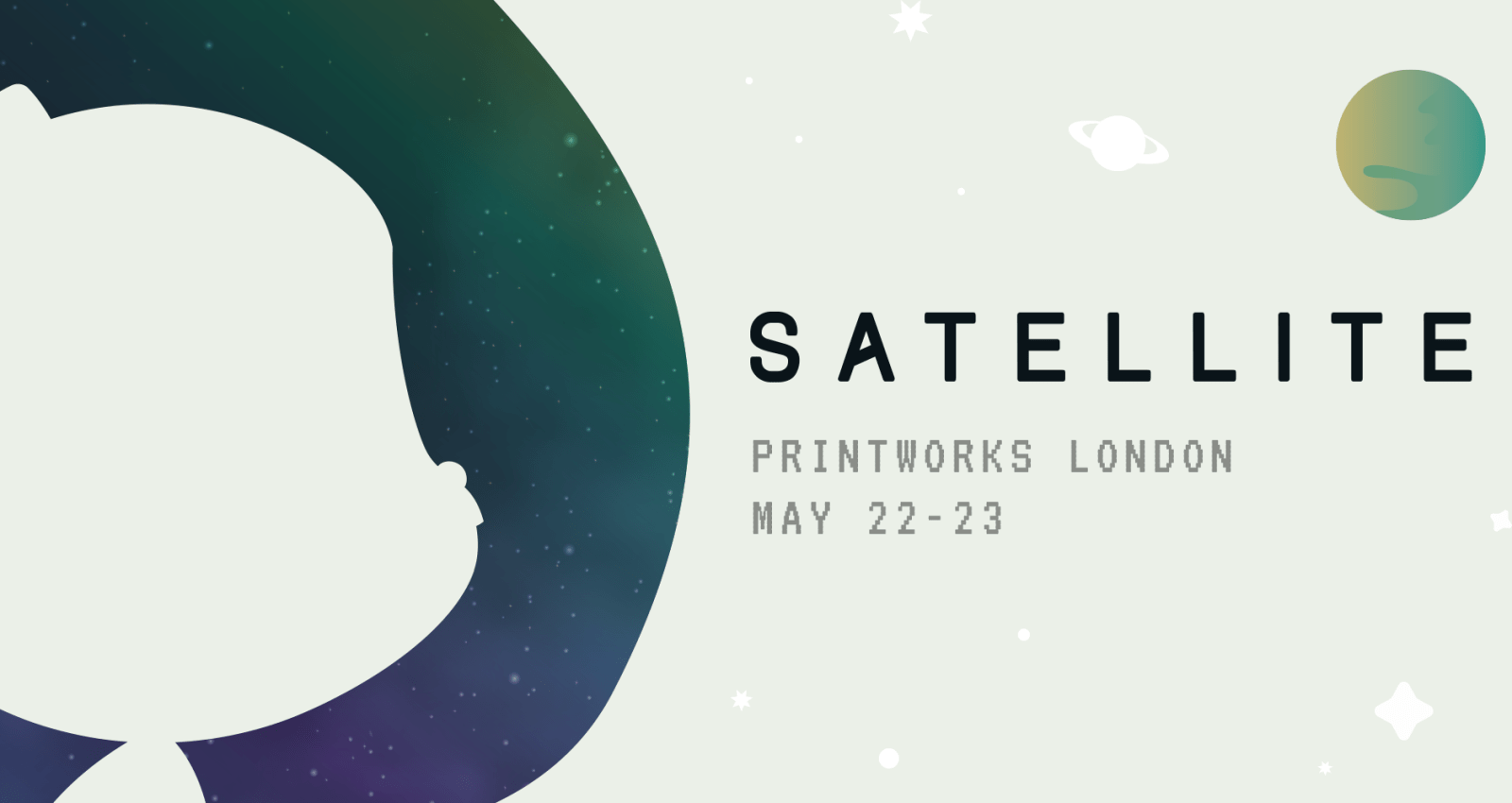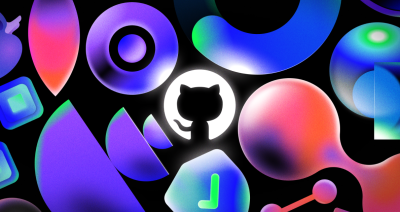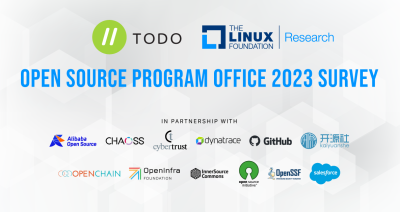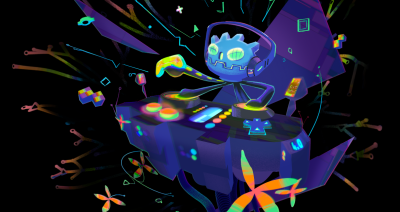Get to know the Satellite speakers
Satellite speakers and attendees will be on their way to London next week for our biggest European conference to date. Learn more about the work and inspiration of two U.K.-based…

Satellite speakers and attendees will be on their way to London next week for our biggest European conference to date. Learn more about the work and inspiration of two U.K.-based Satellite speakers, a GitHub Campus Expert and a Met Office Informatics Lab Lead Engineer.
If you want to meet them in person, there’s still time to get your Satellite ticket.
Meet Amy Dickens
GitHub Campus Expert – Computer Science PhD at The University of Nottingham
How’d you get started in development?
I started out in recording technology and sound engineering as my bachelor’s degree. We did some basic audio programming using MaxMSP and IDE for audio programming, and from there, my love of building things grew. I picked up processing in my final year and then some front end web development skills. After that, I joined the University of Nottingham to do a PhD in Computer Science.
What’s the most interesting thing you’re working on?
I’m currently researching computer vision and human computer interaction for my PhD on “Gesture Controlled Sound for Users with Complex Disabilities”.
Do you have any side projects you want to share?
Yes yes yes. I am hugely enthusiastic about building communities that help women to get into tech and that promote gender equality in the industry. I recently built an interactive map at a hackathon that I’d like to expand to showcase where women are in tech around the world! It’s open source and I’m totally up for suggestions as to what to do with it next. Take a look.
What are the biggest challenges you’re dealing with?
Sensors and making things see. I’m currently working on Leap Motion Sensors, but they struggle to detect hands of people with certain conditions that cause closed hand syndrome. Plus, getting to grips with convolution neural networks in machine learning. I’ve just spent a few days on an AI and Machine Learning track at the Codemotion conference in Amsterdam, and it’s got me hyped to investigate it more and how it could help my research.
Which emoji best represents you?
Well, that’s a no brainer—totally
Meet Jacob Tomlinson
Lead Engineer – Met Office Informatics Lab
How’d you get started in development?
Since the first time I clicked “view source” on a web page, I’ve been fascinated with how code and markup can be converted into complex functionality. My interest grew from there and lead me down the path to server side languages and databases. It was then I discovered the power of Linux and fell in love with system engineering and architecture.
What’s the most interesting thing you’re working on?
I’m currently working on a project called Jade which involves building scalable interactive data processing systems to empower environmental scientists.
What are the best parts of what you do?
One of the best parts of my job is getting to collaborate with and learn from incredible people in the technology field. I’m fortunate enough to work alongside top engineers from NASA, Amazon, Microsoft, and more.
What does a normal day look like for you?
An average day involves sitting around a large table with my team writing code and configuring servers. We often entertain visitors and collaborators and play a key role in communicating what the Met Office is working on. I always try to have a lunchtime walk in the surrounding countryside to clear my head.
How do you manage your time?
I keep an A6 bullet journal. I find it really important to have a physical task list as apps are far too easy to minimize and forget about.
Do you have any side projects?
In my spare time I have been working on a Python chatbot framework called opsdroid. I use it alongside the awesome Home Assistant project to talk to my smart home, and we use it to power our ChatOps workflow within our team. It’s designed to be easy to configure with everything contained in one yaml file and easy to extend with simple Python decorator syntax.
What are the biggest challenges you’re dealing with?
As with many people, we just have far too much data to process in the ways we’re used to. Coming up with scalable, flexible, parallelized solutions for data processing is both the biggest challenge and most interesting thing I’m working on at the moment.
Which emoji best represents you?
Tough question. My most used emoji is
See who else is speaking at Satellite
Tags:
Written by
Related posts

Apply now for GitHub Universe 2023 micro-mentoring
As part of our ongoing commitment to accelerate human progress through Social Impact initiatives, we’re offering students 30-minute, 1:1 micro-mentoring sessions with GitHub employees ahead of Universe.

The 2023 Open Source Program Office (OSPO) Survey is live!
Help quantify the state of enterprise open source by taking the 2023 OSPO survey.

Godot 4.0 Release Party 🎉
We are delighted to host the Godot 4.0 Release Party at GitHub HQ on Wednesday, March 22 from 6:30 pm to 9:30 pm. And you’re invited!